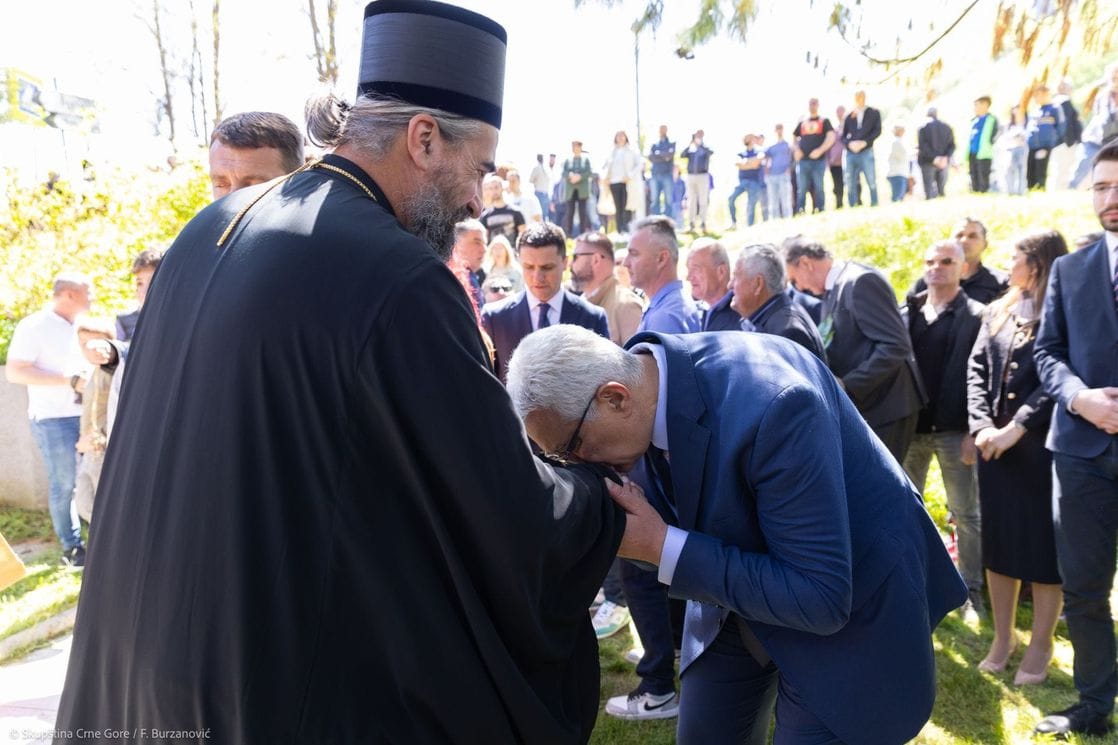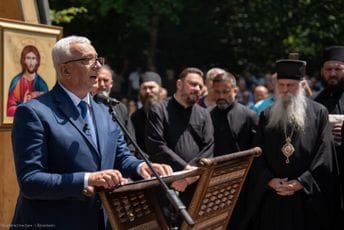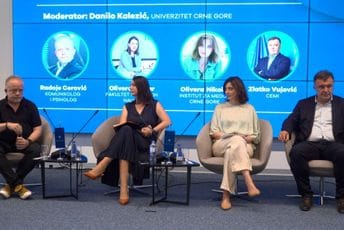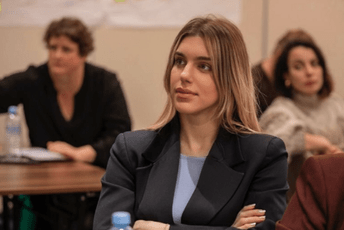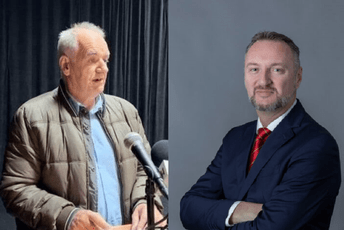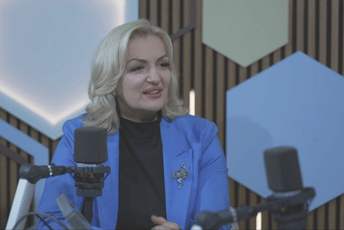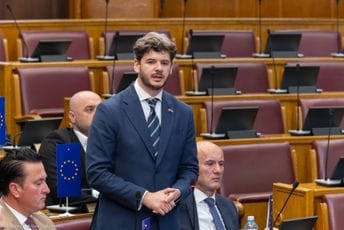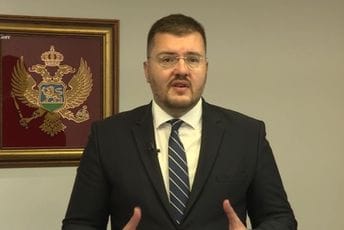The main topic of the articles concerns controversies surrounding Andrija Mandić, the President of the Parliament of Montenegro, and his actions and statements that provoke debates regarding ideological issues in Montenegro. Left-leaning sources emphasize criticism of Mandić for allegedly disrespecting antifascist values and rehabilitating the Chetnik ideology, while centrist sources focus on the political implications and Montenegro’s European integration. Right-leaning sources highlight the importance of preserving tradition and national symbols, as well as support for Mandić in his activities. This topic is presented through various narratives reflecting the political divisions within the country.
Political Perspectives:
Left: Left-leaning articles emphasize criticism of Andrija Mandić for his alleged disrespect towards Montenegro and its antifascist heritage. They highlight concerns about the rehabilitation of the Chetnik ideology, which is associated with fascism and ethnic cleansing during World War II and the 1990s. The narrative focuses on the dangers of historical revisionism and the undermining of European values in Montenegro.
Center: Centrist sources focus on the political and institutional implications of Mandić’s actions, discussing the challenges Montenegro faces in its European integration process. They analyze the political dynamics within the government and parliament, emphasizing the need for stability, rule of law, and adherence to constitutional procedures. The narrative is more neutral, focusing on governance and policy rather than ideological disputes.
Right: Right-leaning articles tend to support Andrija Mandić, emphasizing the importance of preserving national traditions and symbols. They portray Mandić’s actions, such as laying wreaths at historical sites, as acts of respect and patriotism. The narrative often criticizes leftist accusations as politically motivated and defends the recognition of different historical narratives, including those related to Serbian heritage.






